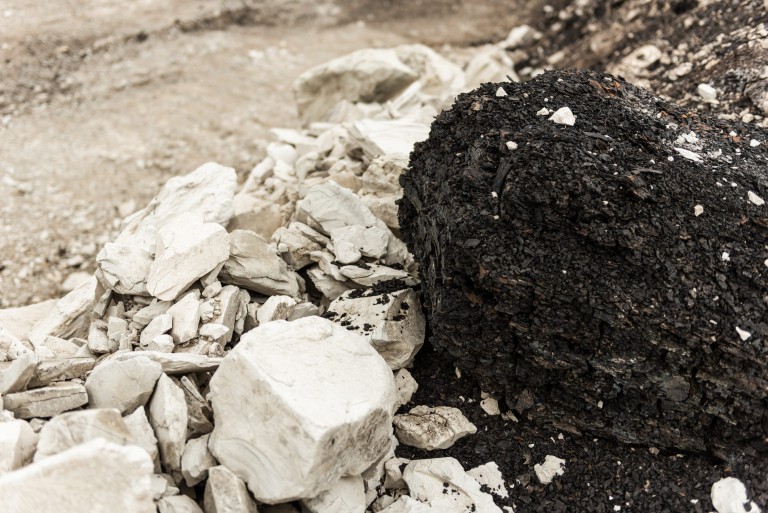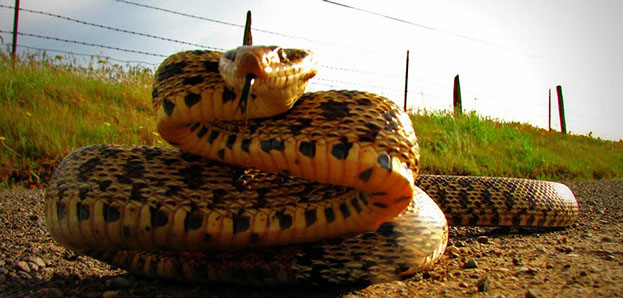When your horse is bitten by a snake it is important to know what to do in order to be able to act quickly. Here is some important information that you need to know.
Snake bites most often occur on a horse’s:
- Nose
- Neck
- Legs
Symptoms of a snake bite include:
- Breathing difficulties or very fast breathing
- Swelling
- Fang marks at the center of the swollen area
- Lameness
- Pain
- Tremors
- Convulsions
- Muscle spasms
- Excessive sweating
- Excessive salivating
- Paralysis
- Tissue damage
What to DO if your horse gets bit:
- Immediately contact your vet and seek medical help
- Try to identify the snake so that you can provide your vet with this valuable information
- Look for swelling and fangs marks that signify your horse has, in fact, been bit
- Keep your horse calm to help slow the spread of the poison through his or her body
- Slowly walk your horse back to its stable or trailer
What NOT to do if your horse gets bit:
- Do not waste any time, even if you suspect your horse was bitten
- Do not remount your horse and ride him or her back to the stable or trailer as this will only spread the poison more quickly through the body
- Do not cut open the bite wound to suck out the poison, as this can make matters worse if it is not done properly
- Do not apply ice or touch the affected area
While many snake bites are from non-venomous snakes, it is still important to contact your veterinarian immediately, as you do not want to waste valuable time.
Overall, it is important that you stay calm, have a plan and keep your vet’s number close at hand in the case your horse should ever experience a snake bite.
Image by Paul Kline


